Never meet your heroes, they say. But if you grew up with classical music in the 1980s, there was fat chance of that. Stravinsky, Britten, Shostakovich, Walton: you’d just missed them. Which is why, in 2001, and finding myself duty-managing an 80th birthday concert for Sir Malcolm Arnold, I inched past his minders and delivered a few trite, polite but entirely sincere words of gratitude and admiration.
Already a subscriber? Log in
Subscribe for just $2 a week
Try a month of The Spectator Australia absolutely free and without commitment. Not only that but – if you choose to continue – you’ll pay just $2 a week for your first year.
- Unlimited access to spectator.com.au and app
- The weekly edition on the Spectator Australia app
- Spectator podcasts and newsletters
- Full access to spectator.co.uk
Or
Unlock this article
You might disagree with half of it, but you’ll enjoy reading all of it. Try your first month for free, then just $2 a week for the remainder of your first year.

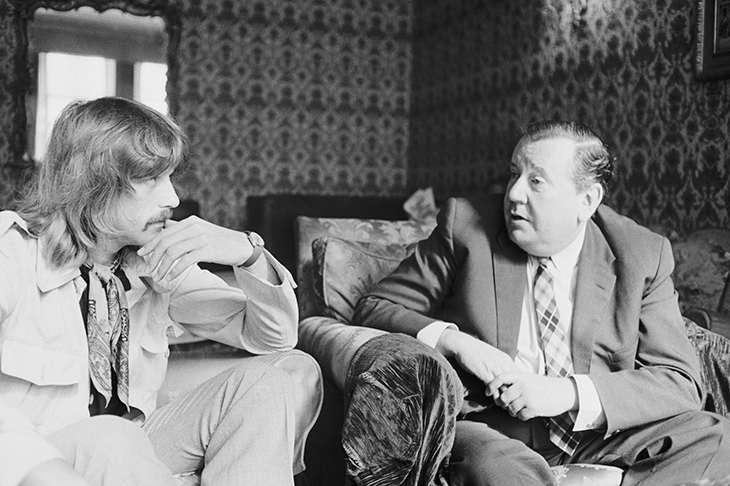
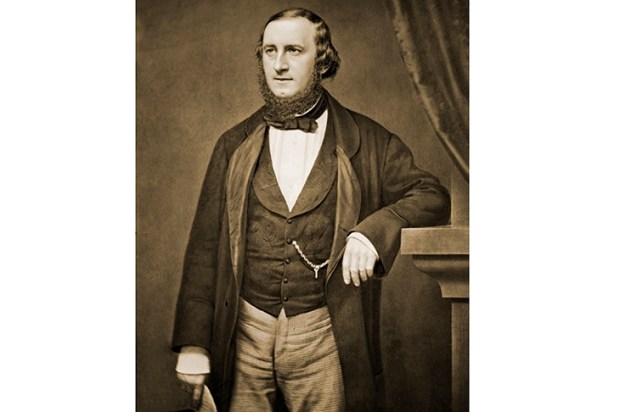
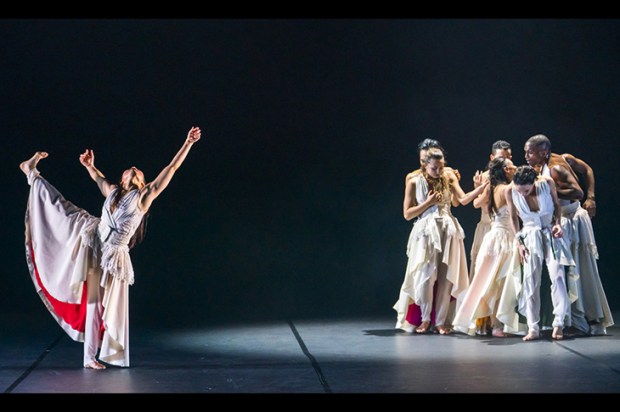
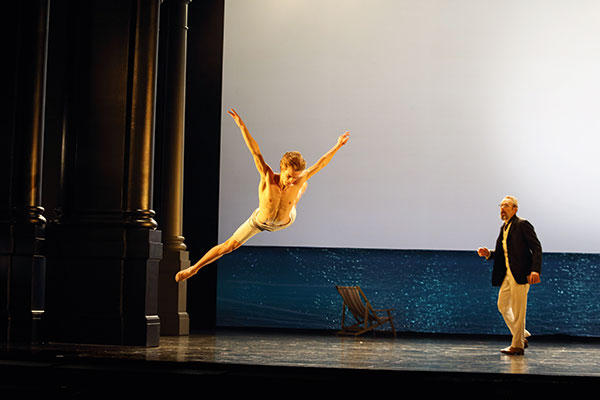
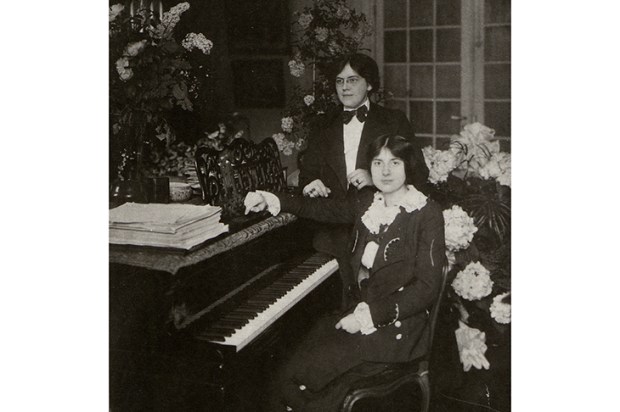
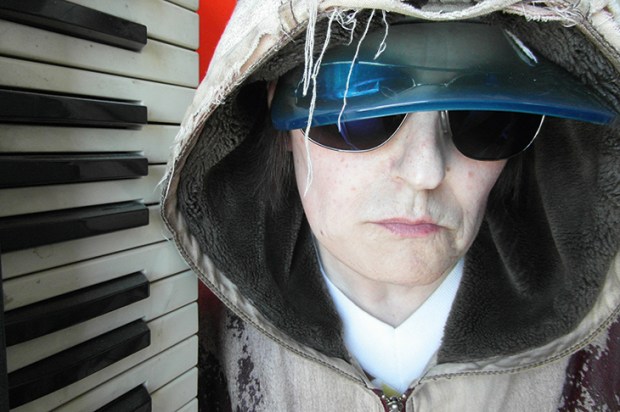
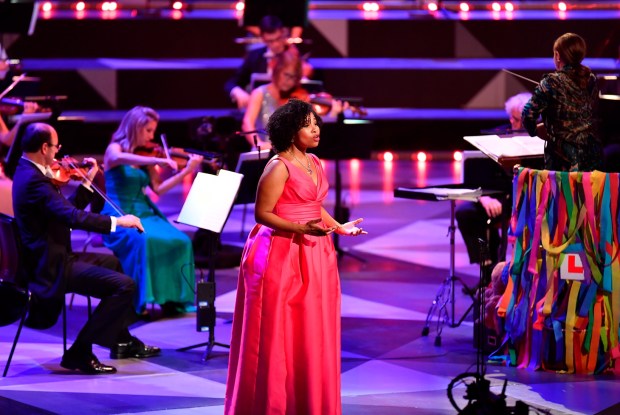






Comments
Don't miss out
Join the conversation with other Spectator Australia readers. Subscribe to leave a comment.
SUBSCRIBEAlready a subscriber? Log in